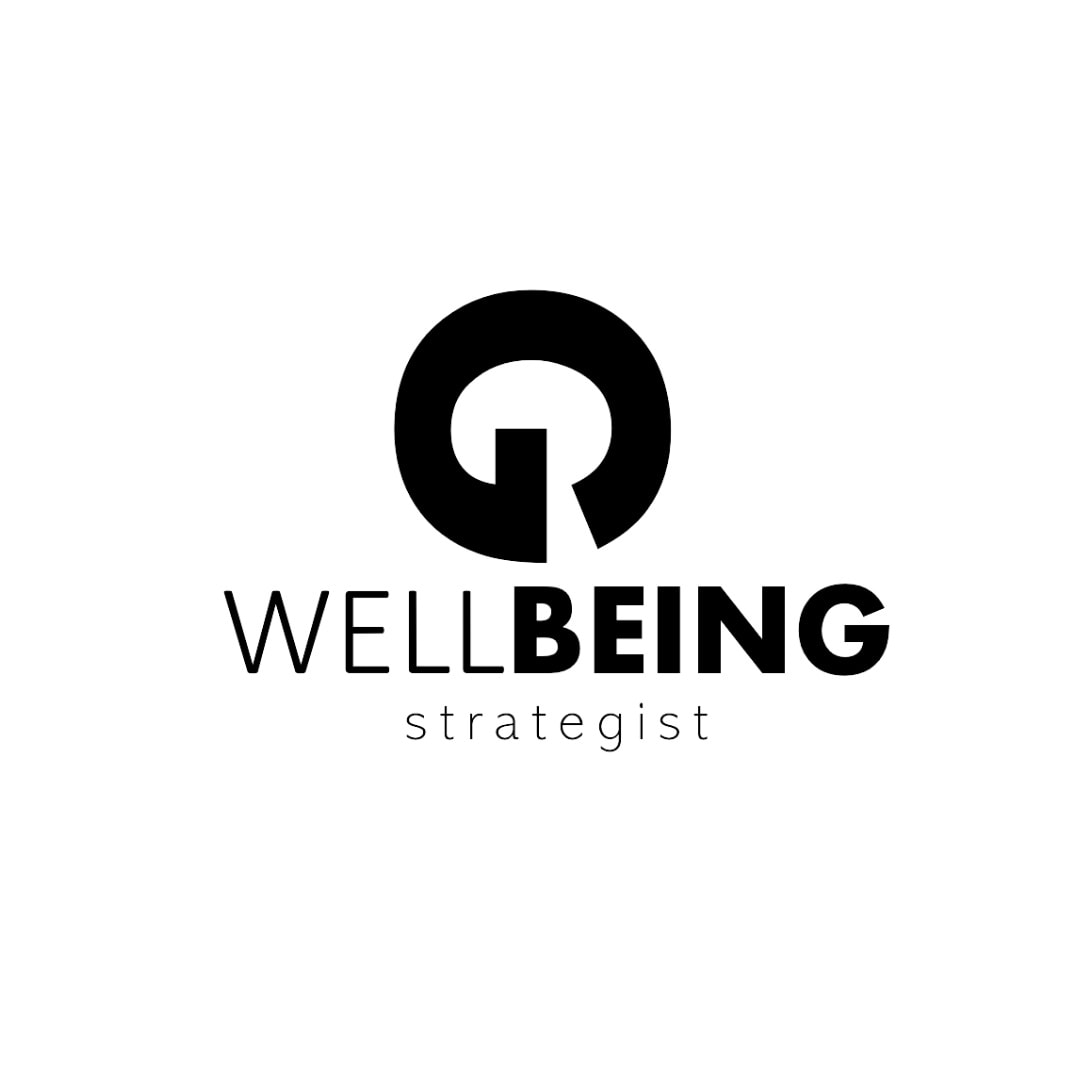Becoming a CEO is often seen as the pinnacle of professional success, but with this prestigious role comes a significant amount of stress. The pressure to lead an organization to success while balancing the expectations of shareholders and stakeholders can be overwhelming. Knowing how to manage stress effectively is crucial for CEOs to perform at their best, avoid burnout, and maintain their health.
Why is being a CEO a stressful job?
What are the main triggers of stress for CEOs?
For many CEOs, the sheer responsibility of the role is a primary stress trigger. The decisions made by a CEO impact the entire organization, from employee well-being to financial performance. Furthermore, CEOs often have to navigate complex business environments, manage crises, and maintain strategic direction amidst changing markets, which contributes to the stress levels. The constant need to innovate and stay ahead of competitors doesn’t get easier, thus amplifying the pressure.
How do responsibilities to shareholders add to the pressure?
CEOs are accountable to shareholders, who expect consistent performance and returns on their investments. This responsibility compounds the stress of the role, as failing to meet these expectations can have severe repercussions, including loss of investor confidence and financial instability for the organization. The constant scrutiny from shareholders can make the role of a CEO a stressful job, as they must balance short-term results with long-term strategic goals.
What are some examples of high-profile CEOs dealing with stress?
High-profile CEOs like Elon Musk and Jeff Bezos have openly shared their experiences with job stress. Musk, for example, has discussed the intense pressure of running multiple groundbreaking companies simultaneously, while Bezos has highlighted the importance of maintaining a work-life balance to manage stress. These examples show that even the most successful executives are not immune to the pressures and stresses of leadership.
How can executives manage stress effectively?
What techniques can help reduce stress for CEOs?
One effective technique for reducing stress is delegation. CEOs must learn to trust their teams and delegate responsibilities, which can significantly lighten their workload. Additionally, setting realistic goals and prioritizing tasks can help avoid feeling overwhelmed. Time management skills are crucial, as they allow CEOs to focus on high-impact activities and make time for relaxation and self-care.
How can mindfulness practices be incorporated into a CEO’s daily routine?
Mindfulness practices such as meditation, deep breathing exercises, and mindfulness-based stress reduction (MBSR) can be beneficial for CEOs. These practices help executives stay present, reduce anxiety, and improve decision-making. Incorporating short mindfulness sessions into the daily routine, such as taking a few minutes to breathe deeply or meditate before a meeting, helps maintain a calm and focused mind amidst a hectic schedule.
What role does exercise play in stress management for top executives?
Exercise is a proven stress reliever that many CEOs incorporate into their routines. Physical activity helps release endorphins, which are natural mood lifters. Regular exercise, whether it’s a morning run, an evening gym session, or even a daily walk, can significantly reduce stress levels, increase energy, and improve cognitive function. Time spent exercising can also provide a valuable mental break from work pressures.
What resources are available for CEOs to explore topics related to stress management?
Which books, articles, or courses are highly recommended for CEOs?
CEOs looking to manage stress can benefit from a wealth of resources. Books such as “The Art of Happiness at Work” by Dalai Lama and Howard Cutler, and “Thrive” by Arianna Huffington provide insights into maintaining balance and well-being. Numerous online courses and articles on platforms like LinkedIn Learning and Harvard Business Review offer practical advice and strategies for stress management.
How can CEOs benefit from workshops and seminars on stress reduction?
Workshops and seminars on stress reduction can provide CEOs with interactive and hands-on learning experiences. These events often offer guided sessions on mindfulness, resilience training, and time management. Participating in such events allows CEOs to gain new perspectives, share experiences with peers, and learn effective techniques in a supportive environment.
Why is it important for many CEOs to continually educate themselves on stress management?
Continual education on stress management is vital for CEOs as it equips them with the latest strategies and tools to handle the evolving challenges of their roles. Staying informed enables CEOs to adopt best practices, address emerging stress triggers, and create a healthier work environment. Ongoing learning also reinforces the importance of self-care, ensuring that CEOs can sustain their performance and lead effectively.
How do other CEOs reduce stress?
What are some stress management strategies shared by top-performing CEOs?
Top-performing CEOs employ a variety of strategies to manage stress. For instance, Warren Buffet emphasizes the importance of reading and quiet reflection to clear the mind. Oprah Winfrey advocates for daily meditation and gratitude journaling. These diverse approaches highlight that there is no one-size-fits-all solution; instead, CEOs must find what works best for them and incorporate it into their daily routines.
How have techniques used by successful executives evolved over time?
The stress management techniques used by executives have evolved significantly. In the past, stress was often seen as an inevitable part of leadership, and many CEOs suffered in silence. Today, there is a growing recognition of the importance of mental health and well-being. Modern executives are more proactive in seeking help, embracing mindfulness, and leveraging technology, such as apps for meditation and health tracking, to manage stress more effectively.
What can be learned from CEOs like Jeff Bezos about dealing with stress?
Jeff Bezos is known for his emphasis on work-life harmony. He advocates for making time for family and hobbies, which helps recharge and mitigate stress. Bezos also highlights the importance of a good night’s sleep for maintaining high performance. By following his example, other CEOs can learn the value of balance and the impact of personal well-being on professional success.
What are the long-term effects of unmanageable stress on CEOs?
How can chronic stress impact a CEO’s health and performance?
Chronic stress can have debilitating effects on a CEO’s health and performance. Prolonged exposure to stress can lead to serious health issues like hypertension, heart disease, and mental health disorders such as anxiety and depression. It can also impair cognitive functions, reducing decision-making abilities, creativity, and overall productivity, thereby affecting organizational performance.
What are the signs that stress is becoming a serious issue for an executive?
Signs that stress is becoming a serious issue include persistent fatigue, irritability, difficulty concentrating, and changes in sleep patterns. Physical symptoms like headaches, chest pain, and frequent illnesses can also indicate that stress is taking a toll on an executive’s health. Recognizing these signs early is crucial for taking appropriate measures to address stress before it becomes overwhelming.
How can preventive measures be taken to avoid long-term stress effects?
Preventive measures for avoiding long-term stress effects include establishing a healthy work-life balance, practicing regular self-care, and seeking professional support when needed. CEOs can benefit from working with an executive coach who specializes in stress management. Organizations can also contribute by fostering a supportive culture that acknowledges the importance of mental health and provides resources for stress relief.








